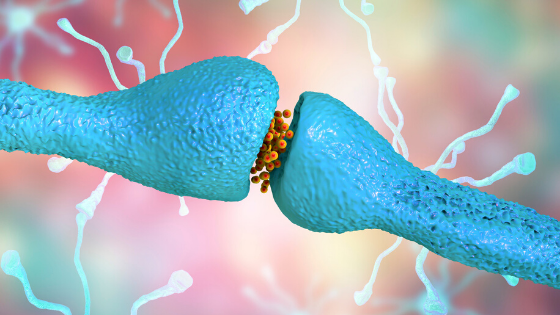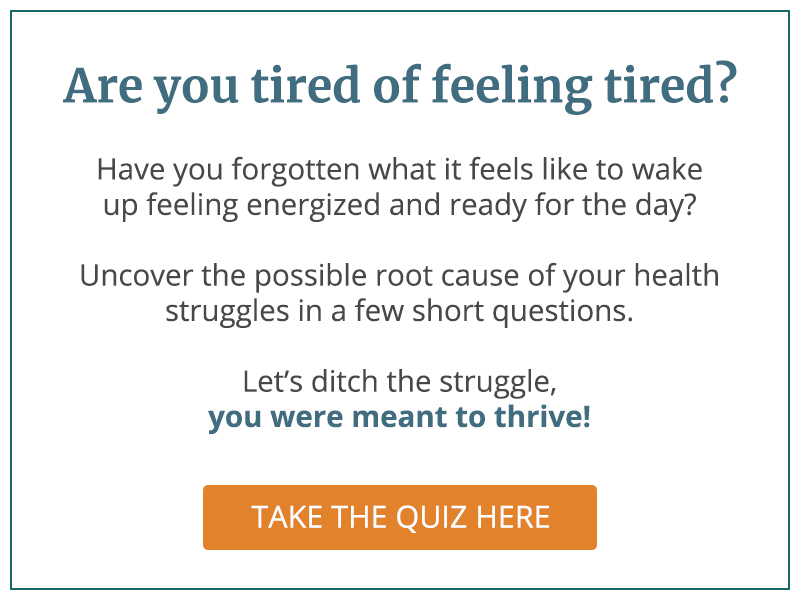The vagus nerve is the longest nerve in your body, stretching from your brain to your large intestines.
It’s named the vagus nerve from the Latin vagus “wandering, rambling, strolling” because it wanders through your body, connecting the brain stem to the rest of the body. It’s how the brain communicates with the other organs and tissues.
The vagus nerve is responsible for several key functions in the body, including, but not limited to:
- Lowering heart rate
- Decreasing inflammation
- Lowering blood pressure
- Delivering information from the gut to the brain
- Communicating with the diaphragm
- Managing stress and anxiety
- Providing sensory information from the heart, lungs, and throat
- Regulating swallowing and speech
Because the vagus nerve is involved in so many bodily functions, when it is damaged, the symptoms can be varied.
Some of the symptoms of vagus nerve damage may include:
- Abdominal pain
- Unusual heart rate or blood pressure
- Nausea
- Vomiting
- Ear pain
- Loss of the gag reflex
- Loss of voice
- Lowered stomach acid
Sometimes, the vagus nerve isn’t damaged, but it’s considered “low” in tone. When this happens, certain symptoms can manifest, including:
- Poor emotional regulation
- Anxiety
- Lowered attention span
- Depression
- Increased inflammation
The good news is, we can stimulate our vagus nerve by engaging in certain rather pleasurable activities.
How To Tone The Vagus Nerve
The vagus nerve can be toned in several ways. Because it such a vital part of our overall health, it’s a good idea to practice these exercises regularly.
When we focus on toning the vagus nerve, we tend to enjoy favorable outcomes with our health, which is why I recommend some of the following vagal practices to my patients. When we stimulate the vagus nerve, we are strengthening the relationship between body and mind.
Deep Breathing
Deep breaths from the diaphragm help to stimulate the vagus nerve.
Most of us breathe shallow breaths from our chest. Instead, we should focus on breathing from the belly for the best results for vagal tone.
Meditation
Meditation is another great way to tone the vagus nerve.
In fact, some researchers suggest that it is the toning of the vagal nerve that explains why we experience gains in health when we meditate and focus on breathing exercises.
Cold
Immersing ourselves in cold water or splashing some on our face can help to stimulate the vagus nerve.
While researchers observed results at 4 degrees Celsius for 1-3 hours, there’s no need to get quite that excessive. A sudden jolt of cold water at the end of your shower can do the trick nicely.
Singing Or Chanting
Your vocal cords are connected to your vagus nerve. So using them helps to stimulate it.
Some of the best ways to increase vagal tone with your voice are singing, humming or chanting. Give it a try and you’ll see you instantly feel uplifted when you sing.
Can Vagal Stimulation Help Rheumatoid Arthritis?
While treatments are emerging targeting the vagus nerve, one amazing pilot study suggests that directly targeting the vagus nerve with electrostimulation shows promise as a treatment for rheumatoid arthritis.
Study participants had a pacemaker implanted in their chest, with wires attaching to the vagus nerve. They swipe a magnet across the throat several times a day, thereby activating the device and stimulating the vagus nerve.
While the study was small, 16 of the 20 patients experienced lowered markers of inflammation in the blood and their symptoms improved significantly. The participants who didn’t experience clinical success from the implant still insist they feel better and don’t want to remove the device.
Several of those in the study have been able to decrease or altogether stop their medication. Many have had miraculous recoveries, one patient going from almost complete disability to participating in ice-skating, gymnastics, and volleyball at 68 years old.
Vagal Tone and The Gut-Brain Axis
The vagus nerve plays such an important role in regulating our mood and our digestive function. Since it serves as the conduit between the brain and the gut, stimulating it can improve both ends of the nerve.
When the vagus nerve is damaged, people often report a myriad of digestive symptoms. And since our gut health also plays a role in our mental health, it’s no surprise that the vagus nerve is also heavily involved in both bodily functions.
Vagus nerve stimulation has been used in the treatment of depression to great effect. In a study of patients who had not responded to other depression treatments, 53% responded to vagal nerve stimulation and 33% achieved remission after one year of therapy.
Researchers are also exploring how stimulation of the vagus nerve can be used as a treatment for inflammatory bowel diseases (IBDs) such as Crohn’s and ulcerative colitis. While additional research is needed, it’s a step in the right direction for patients suffering from these debilitating conditions.
Interested In Learning More?
Scientists are just beginning to scratch the surface of all of the amazing ways the vagus nerve impacts health. But really, implementing habits like meditation and breathing exercises have always been considered cornerstone practices for creating optimal health.
In fact, I teach in-depth vagal practices to my patients and I’d love to show you exactly how stimulating your vagus nerve can improve your life and your health.
Schedule a consultation with me here if you’re experiencing any of the symptoms of low vagal tone and want to learn more about how to target this life-changing nerve.
References
“Low Vagal Tone Magnifies the Association Between … – NCBI.” 24 Oct. 2013, https://www.ncbi.nlm.nih.gov/pmc/articles/PMC4076387/.
“Breath of Life: The Respiratory Vagal Stimulation … – NCBI.” 9 Oct. 2018, https://www.ncbi.nlm.nih.gov/pmc/articles/PMC6189422/.
“Acute cold exposure induces vagally mediated … – NCBI – NIH.” https://www.ncbi.nlm.nih.gov/pubmed/11447037.
“Vagus Nerve as Modulator of the Brain–Gut ….” 13 Mar. 2018, https://www.ncbi.nlm.nih.gov/pmc/articles/PMC5859128/.
“Vagus nerve stimulation study shows significant reduction in ….” 14 Jun. 2019, https://www.sciencedaily.com/releases/2019/06/190614082931.htm.
“Vagus nerve stimulation for depression: efficacy and … – NCBI.” 4 Jan. 2008, https://www.ncbi.nlm.nih.gov/pubmed/18177525.
“Anti-inflammatory Effects of Abdominal Vagus Nerve … – NCBI.” 8 May. 2019, https://www.ncbi.nlm.nih.gov/pmc/articles/PMC6517481/.



